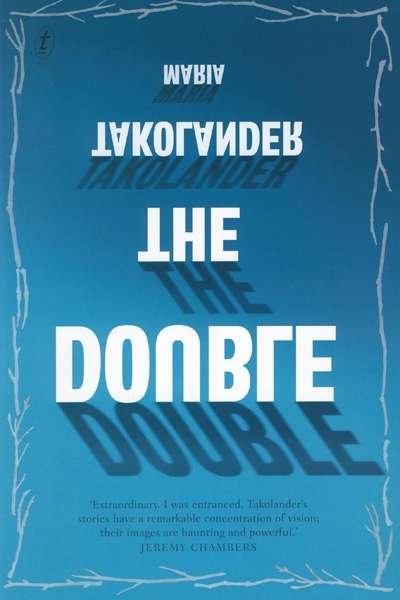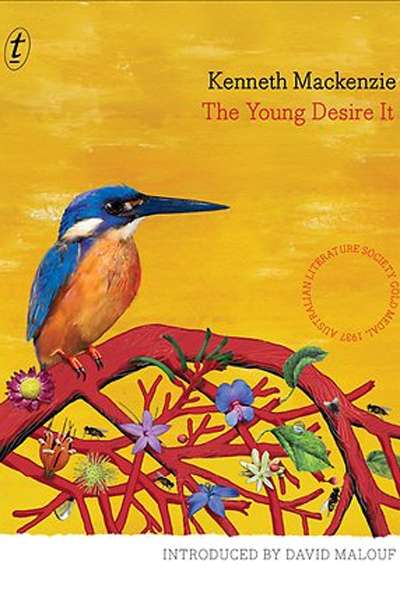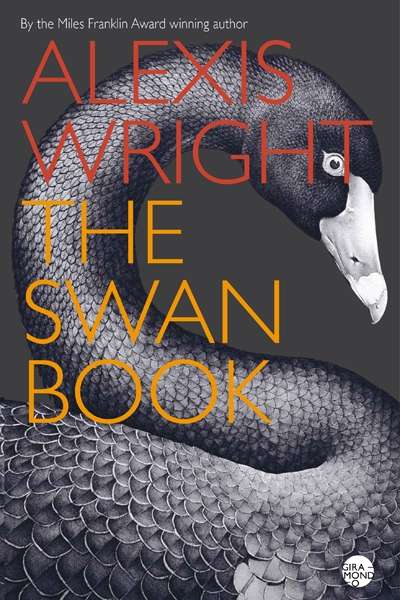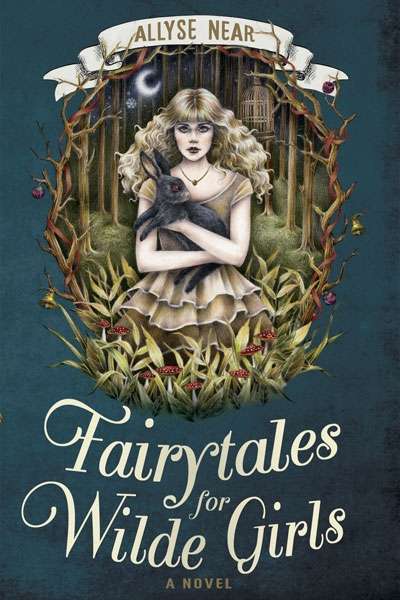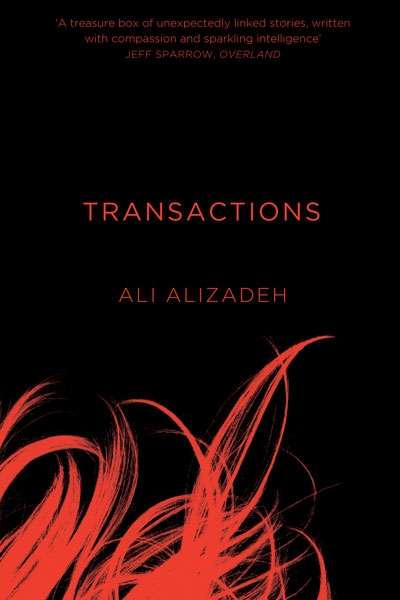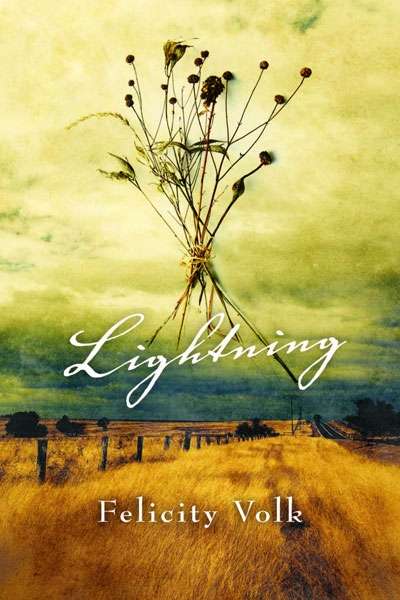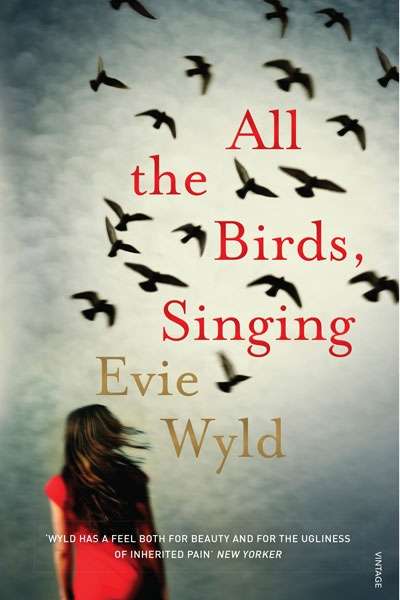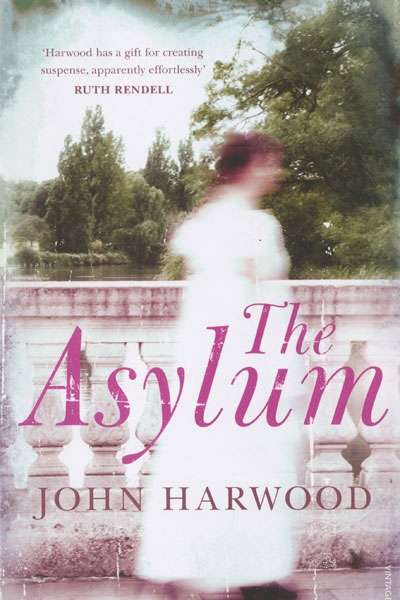Fiction
Amanda Curtin’s second novel, Elemental, tells the story of Margaret (Meggie) Duthie Tulloch. Meggie, an old woman who is dying of leukaemia, writes her life story in a series of notebooks intended to be a twenty-first birthday present to her granddaughter, Laura, who grew up clamouring for tales of ‘Fish Meggie, The Gutting Girl from the Top of the World’.
... (read more)An old woman, caught between the present and her troubled past in another hemisphere, picks herself out of a puddle of water: ‘Her head is tender, and the left side of her body still feels strange: as if she has lost half of herself. Nevertheless, she understands things again.’ The characters in Maria Takolander’s collection of short stories, The Double, often seem as if they have mislaid parts of themselves – their sense of groundedness, their belief systems, their personal histories – but they push on, not always to positive effect.
... (read more)The legend of Kenneth Mackenzie (1913–55) has always hovered around the corridors of Australian literature. From Western Australia, was he? Died young, didn’t he? Trouble with drink, wasn’t it? Or sexual identity, could it have been? They say he’s worth reading but nobody much has, have they?
... (read more)‘Without an indigenous literature, people can remain alien in their own soil,’ wrote Miles Franklin, initiator of an Australian literary prize that has been awarded to just two Aboriginal writers: Kim Scott for Benang in 2000 and That Deadman Dance in 2011; and Alexis Wright for Carpentaria in 2007. Franklin, of course, didn’t mean I ...
With this decadent Young Adult novel, described as a ‘bubble-gum-gothic fairytale’, Allyse Near pulls off a surprising magic trick, combining the darker moments of the Brothers Grimm with the modern daydream-realism of Francesca Lia Block.
... (read more)Transactions opens with a scene of duplicity and murder. In the following pages, Ali Alizadeh plunges readers into a ‘whirlpool of greed and apathy’. The collection revolves around an assortment of men and women from different parts of the world. We encounter Anna Heinesen, a Danish charity founder who is revealed to be a sex trafficker and religious zealot; Samia, a rich and racist Emirati student who surfs cyberspace under the alias ‘The Alchemist’; Karina, a Ukrainian sex worker who winds up doing a B-grade horror film in Australia; and a nameless Iranian refugee who criticises ‘pampered Westerners’, but who has sinister secrets of his own. The lives of these characters intersect in unpredictable ways.
... (read more)Few first novelists are as assured and articulate as Felicity Volk. She has designed an elemental structure for her story: wind, fire, earth, and water each have a section. Her time frame goes centuries deep, naming ancestors who, in the style of Genesis, begat and begat seven generations, until they reach Persia, an Australian with Arab, European, and British heritage. A thirty-something pathologist, Persia is a modern product of multiculturalism and globalisation, as is the Australian society she encounters on her drive from Canberra to Alice Springs. Her forebears were participants in similar processes.
... (read more)The shattered narrative of Evie Wyld’s second novel returns to themes of violence and its aftermath that were central to her first, After the Fire, a Still Small Voice (2009). Its protagonist, Jake Whyte, remembers just one moment of pure beauty. At fifteen, waiting after school for her sister, she is confronted by bullies Hannah and Nerrida. Into the exquisite torture of prods, yanks, and taunts – dyke, homo, Brick Shit House – comes Denver Cobby, a boy so self-possessed that when he smokes outside school, the teachers leave him alone. Jake’s chief tormentor thinks Denver’s invitation ‘You want me to walk you home?’ is intended for her. It isn’t, and Jake knows that she will pay for her triumph, even as she relishes the charge of Denver’s body close to hers and his arm around her waist. Jake’s response to the moment’s undoing is the pivot that alters her life.
... (read more)In The Asylum, the latest dark suspense novel from John Harwood, the author manages to walk a fine line between Gothic romance and contemporary psychological thriller. Or rather, he gambols gleefully along it, delighting his reader with familiar Gothic tropes while deftly interrogating his protagonist’s sense of her own self. There are mirrors here, an insane asylum, and enough startling coincidences to make you think Harwood was actually writing this in late Victorian England, where the novel is set. There are even a dark, brooding hero and a diabolical villain, assuming they are who they appear to be. But at its heart this novel concerns one woman’s struggles with her own identity, one she is only barely aware of herself. That woman’s name is Georgina Ferrars. Or is it?
... (read more)


